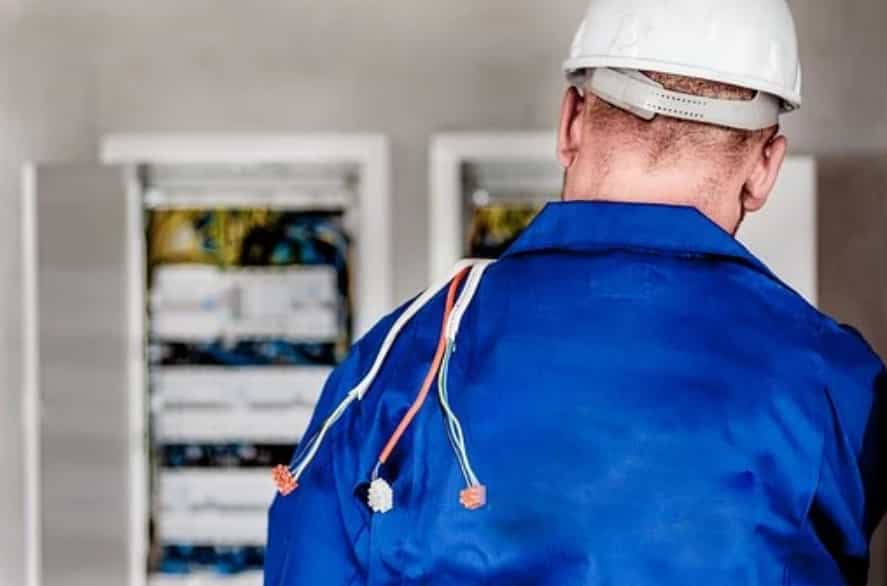Electrical work can be hard to accomplish if you don’t have the right tools and equipment. Many skilled workers, including electricians, rely on tools to improve their jobs’ accuracy, comfort, and safety. While there are numerous electrical devices out there in the market, electrical contractors can’t do without the basic electrical tools. Today’s electrical contractors need to be more versatile than ever before to carry out a variety of installations professionally. Here are the top must-have tools for electricians.

Pliers and screwdrivers
Pliers find use in several electrical applications, and they are critical devices to any electrician. Cutting pliers are normally used for cutting wires, griping, as well as twisting and straightening cables. A fully prepared electrician never walks out without packing pliers in their tools box. Needle-nose pliers and side-cutting pliers are also commonly used for tightening locknuts and fittings. Screwdrivers often work hand-in-hand with pliers. Electrical contractors use various screwdrivers to carry out tasks like fastening and loosening pieces of hardware. Professional electricians invest in adaptable and versatile screwdrivers with interchangeable bits. These ensure that the electrician doesn’t get stuck somewhere from no proper maintenance for tools.
Electrical contractor software
Thanks to advancements in software development, electricians can say goodbye to the olden days when they would haul clipboards around and burden homeowners with scribbled-on estimates. By using cloud-based electrical contractor software solutions, electricians can equip themselves with efficient tools to manage their customer service, sales, and invoicing, among other things. Investing in comprehensive residential and commercial electrical software can increase the ROI of your electrical company.
Voltage tester and terminal block
To be able to perform electrical testing and troubleshooting, electricians usually have to cut off the power supply to certain parts of a property (through the circuit breakers). A hand-held voltage tester is one handy electrical device that electricians use to test electrical outlets for power. Furthermore, a 12v rocker switch is another essential electrical component that allows power to be turned on or off in homes. Besides ensuring that it’s safe to work on circuits, voltage testers allow electricians to confirm whether the power has been restored to a component. Electrical workers also use terminal blocks to connect wiring to the ground. These modular devices are helpful for grouping multiple wires together.
Measuring devices and power drills
In recent years, laser measuring tools are gaining popularity in the electrical industry. Few electricians would feel comfortable stepping out without a basic tape measure. Measuring tapes with rare earth magnetic strips allow for fast one-person measurements. Power drills are equally vital to the average electrical technician. The type of power drill you use may depend on the nature of the material you want to drill. For fastening purposes, low-voltage cordless drills may be used for drilling holes in concrete. Cordless drills that come with long-lasting batteries and maximum torque from high-end motors make things easier for many electricians. Having multipurpose electrical tools can reduce the number of devices an electrician may have to carry for a job.






![[Top 9] Chat Forums on Deep Web | Deep Web Chat Rooms | Enter At Your own Risk Top 9 Chat Forums on Deep Web, The Lolita City, onion deep web, dark web lolita, lolita city,](https://www.gadgetgyani.com/wp-content/uploads/2018/03/deep-web-CHAT-FORUMS.jpg)













